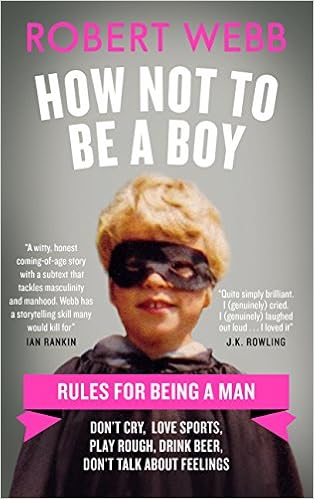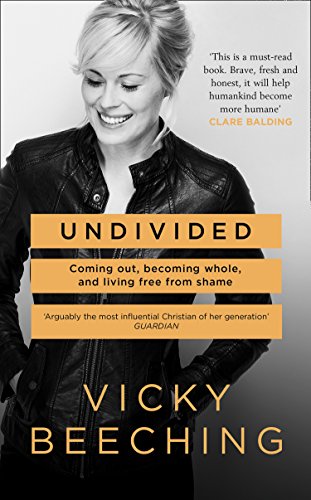What’s on my bookshelf this summer (2018)
I’ve started sharing my reading lists over the past couple of years. It helps me keep track of what I’m reading:
I also have a list of general book recommendations covering topics including: leadership & creativity, user-centred design, agile & ‘Lean UX’, research, data & analytics, and designing better organisations.
My Summer 2018 list is a mixture of books I’ve got hold of over the past 3-6 months. As always there are some wide-ranging topics here. There are books that caught my attention because of my work as a design director in the public sector, and also because of my interest in art and design in general. It would be unusual for me not to be reading something about maps or architecture, and there are also some books in here reflecting other areas of my life.
If you’re reading this, I hope there are some useful recommendations. It’s always great to get book recommendations from other people if you want to get in touch, or via Twitter.
I’ve been meaning to publish this for the last couple of months, but never quite got there with so many other things happening this summer, including a new baby. With this in mind I’ve added a few notes and thoughts to the books I’ve already read.
How Not To Be a Boy
Robert Webb

I’ve finished this book: Entertaining as well as thought-provoking in places. Good to see the so-called traditonal ‘rules’ of what it means to be a man being challenged.
Hired: Six Months Undercover in Low-Wage Britain
James Bloodworth

I’ve finished this book: A sobering and eye-opening account of the realities of working in the gig economy. This sets out to accurately represent the new world order for workers that the 21st century tech industry has created.
Radical Candor: How to Get What You Want by Saying What You Mean
Kim Scott

I’ve finished this book (I managed to read it while on paternity leave back in May): There are some useful ideas here for managing other people, especially in tech/design environments. The basic concepts are pretty simple and easy to pick up. In practice, I think that some of the terminology and methods need translating and adapting for a non-American audience if you want to make full use of the book.
On the map: Why the world looks the way it does
Simon Garfield

I keep dipping in and out of this book. I first picked it up again when thinking more broadly about mapping for this blog post.
The 4 Pillar Plan: How to Relax, Eat, Move and Sleep Your Way to a Longer, Healthier Life
Dr Rangan Chatterjee

I’ve finished this book: It’s essentially a ‘self-help’ book but I’m always interested in books that set out ways of thinking (frameworks) that simplify, or help people get unstuck – like me in this case when it comes to many of the areas the book highlights like diet and exercise, as well as mental health issues around screen time, the impact of social media, and switching off properly in the evenings to get better quality sleep.
Overall I found this book helpful, even when it was stating the obvious. Something to keep referring back to.
Undivided: Coming Out, Becoming Whole, and Living Free From Shame
Vikki Beeching

I’ve finished this book: Vikki Beeching is an influential evangelical Christian who came out as gay in 2014. Her story is an important one for a modern evangelical church still struggling to deal with its own conflictions around homosexually. It’s an honest account of her story, and a vital book for the future of what I hope will one day be a significantly more diverse and inclusive Christian church.
The Age of Spectacle: Adventures in Architecture and the 21st-Century City
Tom Dyckhoff

Sensemaking: What Makes Human Intelligence Essential in the Age of the Algorithm
Christian Madsbjerg

I’ve finished this book: A topic close to my heart. Sensemaking doesn’t go anywhere new but talks clearly about the importance of companies working to develop a deeper understanding of their customers and experiences, as well as setting out some approaches for how to make better sense of the world around us.
Skin in the game: Hidden Asymmetries in Daily Life
Nassim Nicholas Taleb
I’ve finished this book: There are lots of good and challenging ideas here, building on the previous books in the series. I’ve found Nassim Taleb’s writing hard work in the past but learned a lot from Black Swan in particular (which made it onto my recommended reading list). I was almost put off buying this book after observing some worrying exchanges between Taleb and other academics on Twitter over the past year, especially his attack on the English classicist Mary Beard. His writing style and direct anti-BS rhetoric would be best kept away from social media.

Digital Transformation at Scale: Why the strategy is delivery
Andrew Greenway, Ben Terrett, Mike Bracken, and Tom Loosemore

I’ve finished this book: A late addition to my summer reading, this is a solid account of digital transformation through the lens of the team that set up and ran the formative years’ of the UK’s Government Digital Service. If you’re working as part of a digital transformation programme you will learn a lot from this book. For me, it felt less like transformation at scale and more about building the foundations for digital transformation. Others are now building on this legacy, but, in my honest opinion, we’re still waiting to see the first real examples of organisation-level change at scale through digital.
Left to Their Own Devices?: Confident Parenting in a World of Screens

I’ve finished this book: It’s a very live issue in our household with 3 children aged between 5 and 10 years old all regularly accessing digital devices and content (and not just at home). I can (and probably should) write an entire blog post on how I’ve researched and set up our house, devices and rules to try and manage our families increasing digital lives, including the challenge of introducing my 10 year daughters first mobile phone this summer.
First, we make the beast beautiful: a new story about anxiety
Sarah Wilson

I’ve finished this book: Occasionally I do choose a book by its cover and this hardback had a rather lovely illustration that intrigued me in the bookshop.
This is a wonderfully open and honest account of living life in the open, being vulnerable and dealing with extreme anxiety.
Factfulness: Ten Reasons We’re Wrong About The World – And Why Things Are Better Than You Think
Hans Rosling

I’ve finished this book: It’s both challenging and thought-provoking on how we use facts and data. I especially liked the emphasis on being able to hold two ideas at the same time, and looking at problems from as many perspectives as possible. Lots of other people seem to be reading this book this summer.
New Dark Age
James Bridle

I’m reading this right now.
This is my blog where I’ve been writing for 20 years. You can follow all of my posts by subscribing to this RSS feed. You can also find me on Bluesky and LinkedIn.